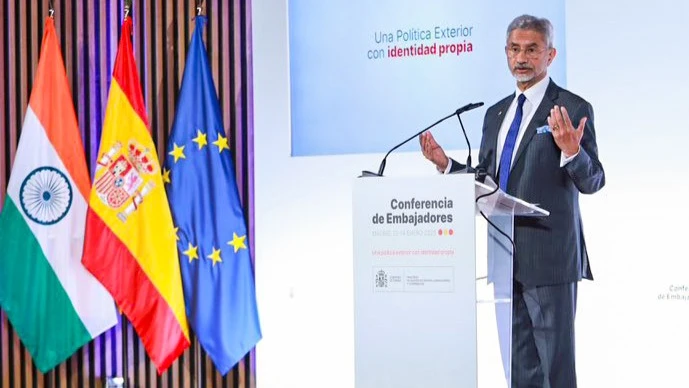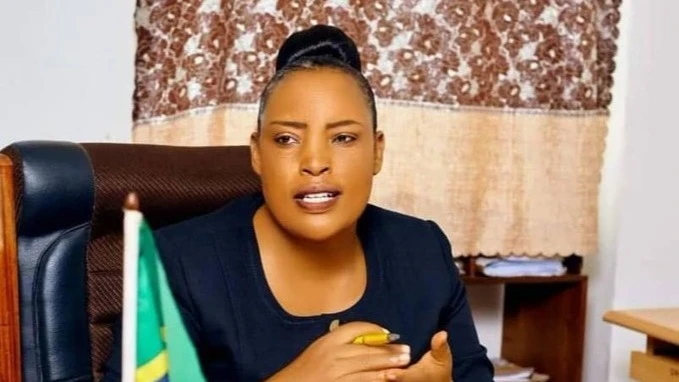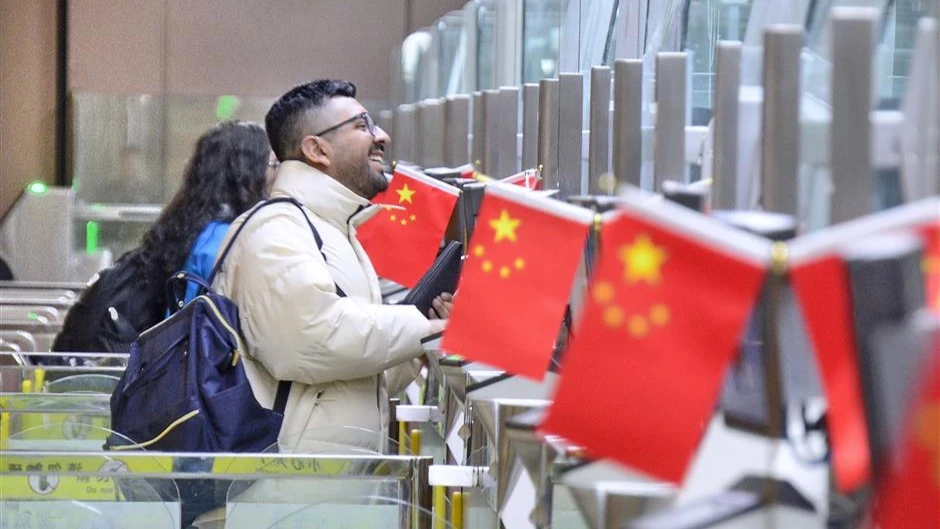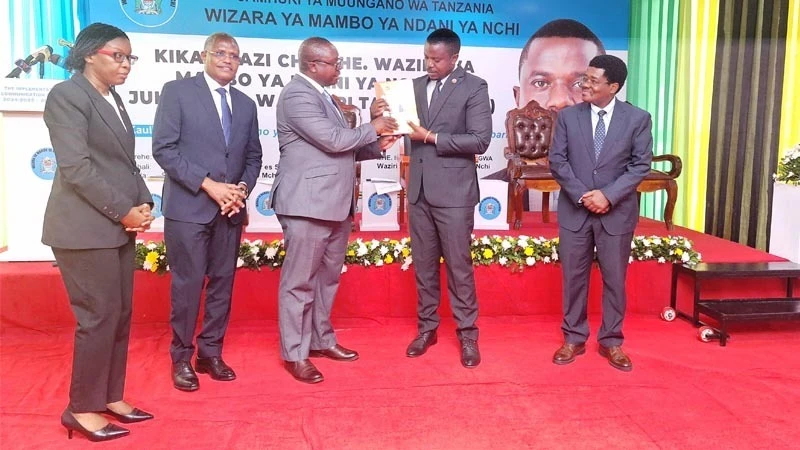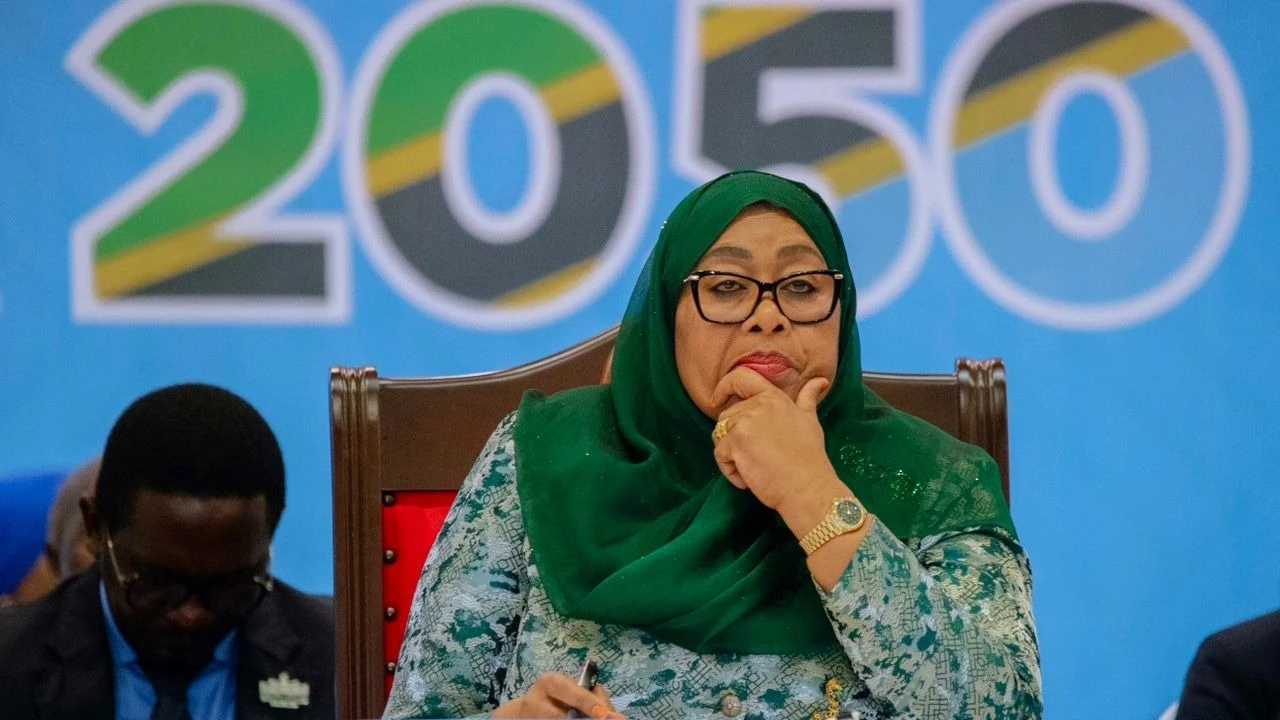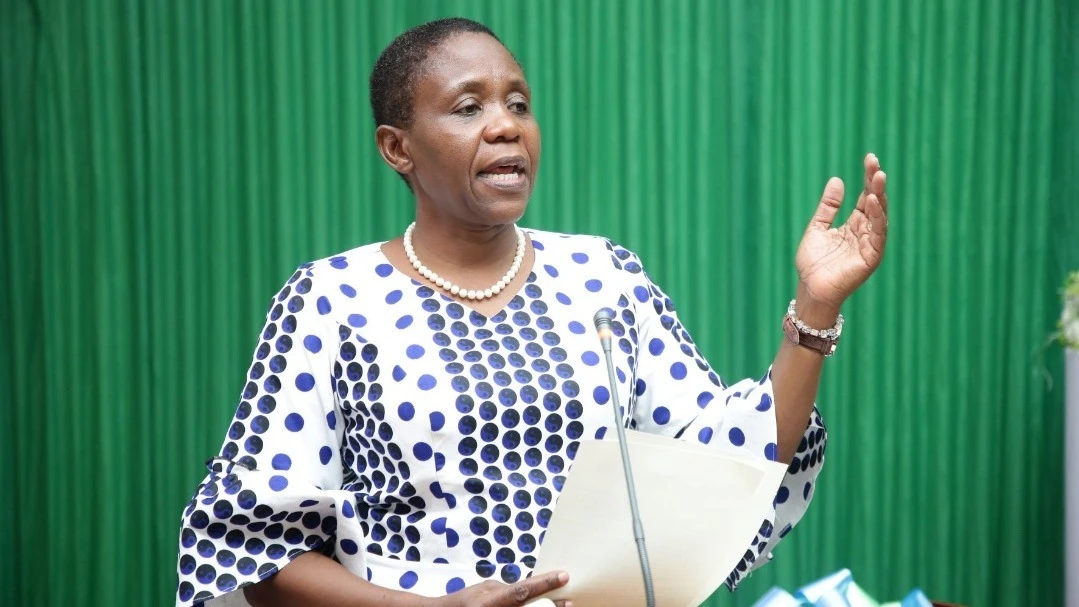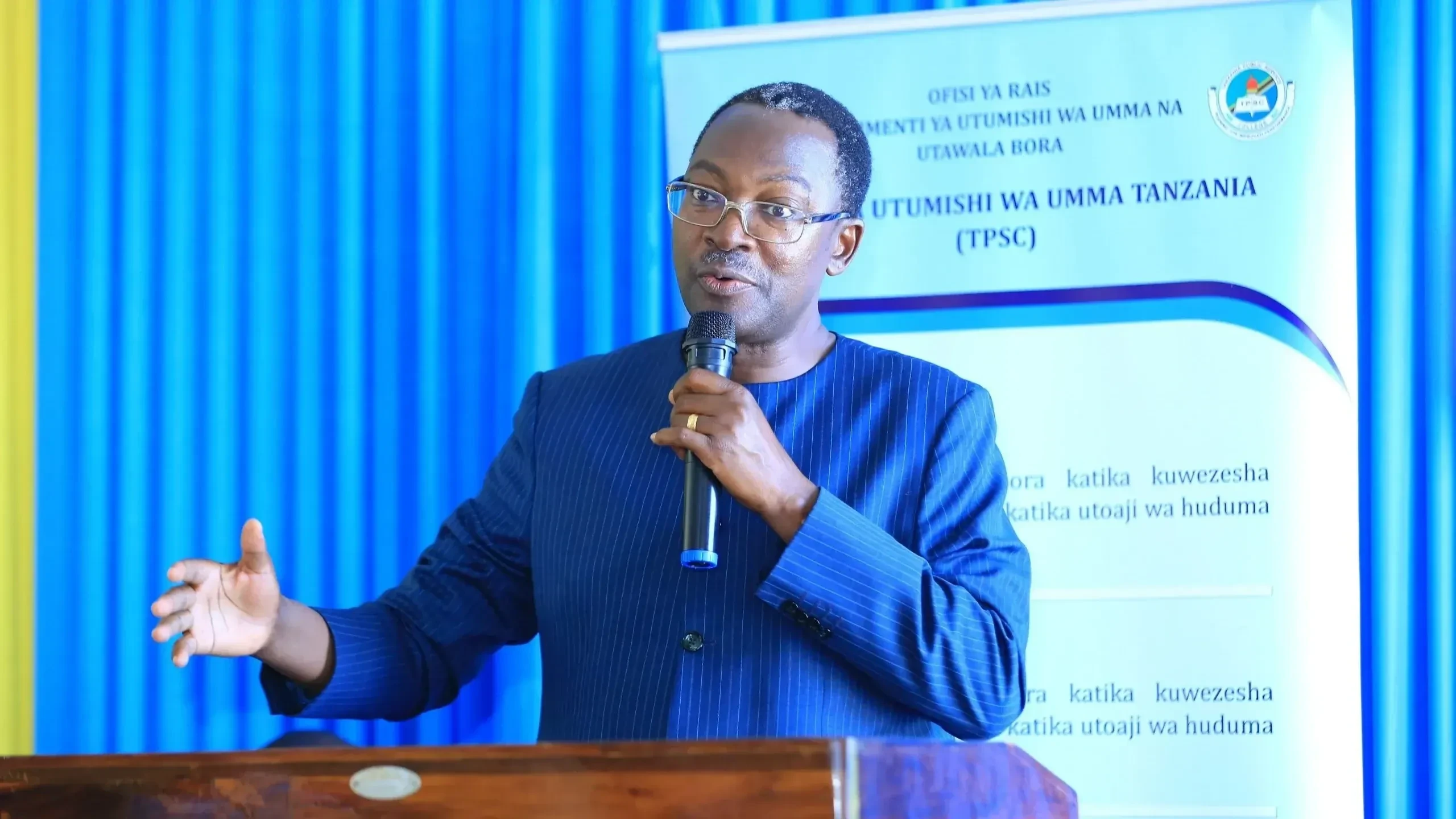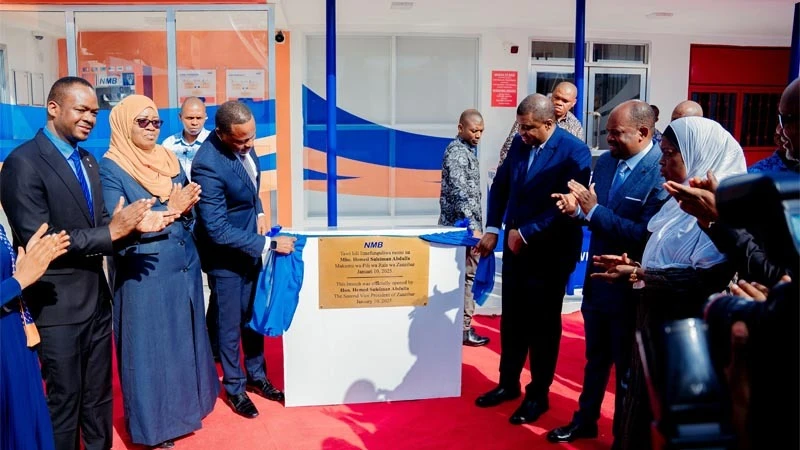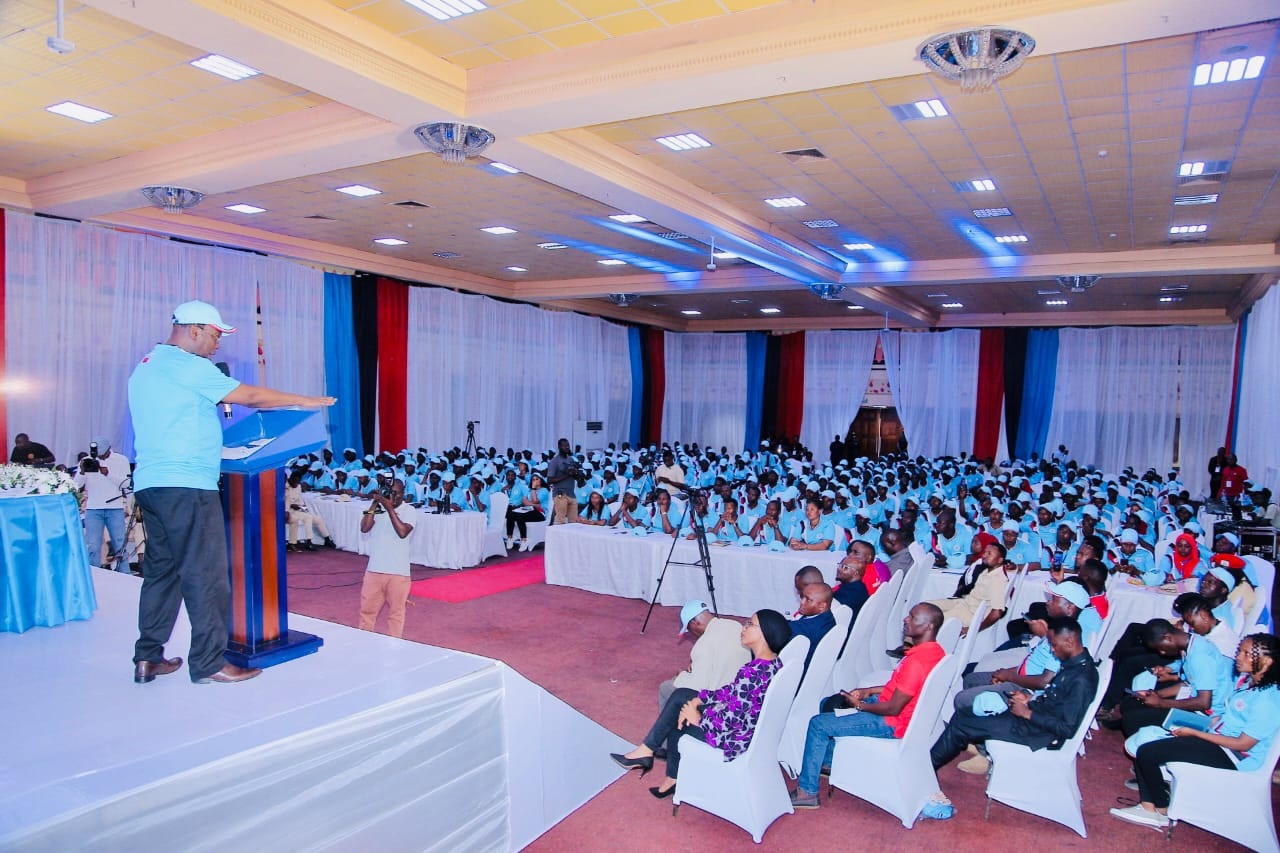How technology can help to expand global financial equity
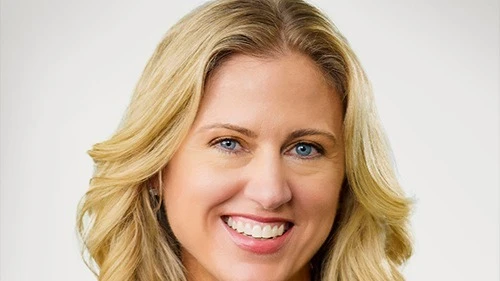
Imagine what your life would be like without basic financial tools, like an ATM card, credit card or bank account. Or more recent innovations, like online banking or trading apps. You would be living in a world filled with barriers to opportunity and tremendous limitations for you and your family. Yet, according to data from the World Bank, about 1.4 billion adults worldwide are 'unbanked,' meaning they don't have an account at a financial institution or through a non-bank provider.
By Stacy Greiner
Digital access to one’s finances is a must to succeed economically in today’s world. The days of putting money in a piggy bank or under the mattress disappeared when we became adults. Even writing a paper cheque or travelling to a bank to access funds seems quaint today. Our world is becoming cashless. Without a bank account, you are incredibly limited in your ability to pay bills, cash cheques and send or receive money. More advanced financial services, like credit cards, loans and investments, are totally off the table.
Simple financial products and services are now as necessary as air and water to live a productive life. The ability to move money safely and quickly is more important than ever, but thankfully, money movement is now easier than ever. The phone in your pocket has replaced the need to travel to an actual bank branch. Physical card? It is no longer needed, your phone gives you the ability to pay at the tap of your finger on the screen.
Research shows that there were about 6.7 billion smartphones in use worldwide in 2023, which is about 69 percent of the global population. This connectivity is critical because the first step to financial stability is access. That’s a good start and the World Bank reports that advancements in financial technology have helped about 1.2 billion previously unbanked adults gain access to financial services in the last decade. The research highlights Sub-Saharan Africa, South Asia, East Asia and Asia Pacific as regions that have adopted mobile money accounts.
Taking a deeper dive into those regions, we find some inspiring examples of those boosting global financial equity and potentially providing a roadmap for the rest of the world.
Innovation in Kenya
Kenya’s M-PESA is an example of a fintech company that is championing financial inclusion to an underserved population – especially among those in rural areas of the country. M-PESA describes itself as a mobile money service that enables users to send and receive funds, pay bills and even access loans directly through their mobile phones, essentially acting as a digital wallet without requiring a traditional bank account. M-Pesa has been transformational in how people manage and move money in Kenya, leading to life-changing results for the population. A 2016 MIT study found that M-PESA lifted 194,000 households (2% of the total) out of poverty over six years. This was connected to increased consumption levels and the ability to save money and receive government payments. A related story in Vox Media further outlines the impact the service has had on driving economic growth and stability for many Kenyans who for so long lacked this type of financial access.
Closing the financial gender gap
Tala is a global fintech company helping to close the gender gap in accessibility to financial products in emerging markets, such as Mexico, India and the Philippines. Tala prioritizes credit accessibility by using alternative data to assess creditworthiness, providing microloans to individuals. The inability to access credit is a major deterrence in driving financial independence – especially for women in developing countries. For example, research shows that only 62 percent of Mexican women have access to formal financial services, making them a clear minority of banking customers in that country. However, women make up 50 percent of Tala’s lending portfolio in Mexico.
Driving funds to underserved Americans
Finally, with continued high inflation globally, having access to money to pay bills, especially for under-served communities in the US, has never been more important. A majority of Americans are living pay cheque to pay cheque and more than 1 in 4 (27 percent) of American adults report having no emergency savings, according to a Bankrate survey. Real Time Payments (RTP), a platform created by The Clearing House, has advanced money movement technology that helps drive funds into the hands of those who need it most – when they need it most. The Clearing House’s payments technology, for example, helps facilitate the immediate movement of money from an employer to an employee, via an earned wage access platform, so that employees can pay a bill on time. After all, bills wait for no one. For millions of hourly workers, the speed of real-time payments can be the difference between building financial stability and suffering economic insecurity.
For the agricultural worker in Kenya, the small business owner in Mexico and the retail worker in the US, forward-thinking companies and cutting-edge technology have opened doors to vital financial services that were once out of reach. Yet, with 720 million people — 9% of the world's population — still living in poverty according to the World Bank, the mission remains clear: by making financial tools truly accessible to all, we can help forge greater financial equity worldwide.
As a tech CEO, I’m proud to embrace the challenge to innovate technology that helps uplift people and provides access and opportunities to those who need it most.
Stacy Greiner (pictured) is an award-winning business leader and strategist, serves as Chief Executive Officer for DailyPay, an American financial services company founded in 2015, which provides payroll services such as earned wage access.
Top Headlines
© 2025 IPPMEDIA.COM. ALL RIGHTS RESERVED











